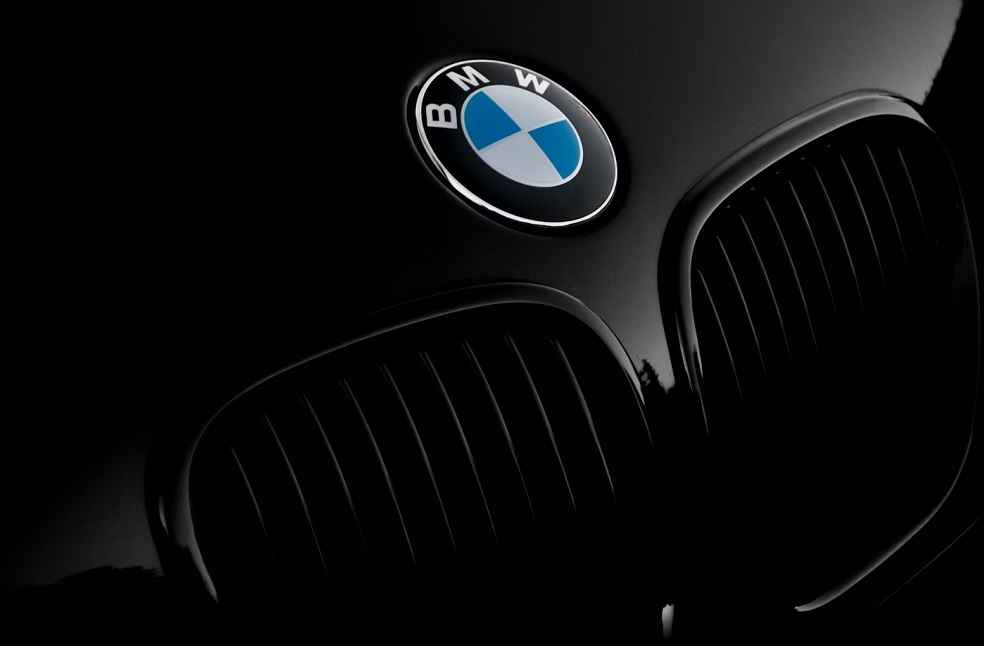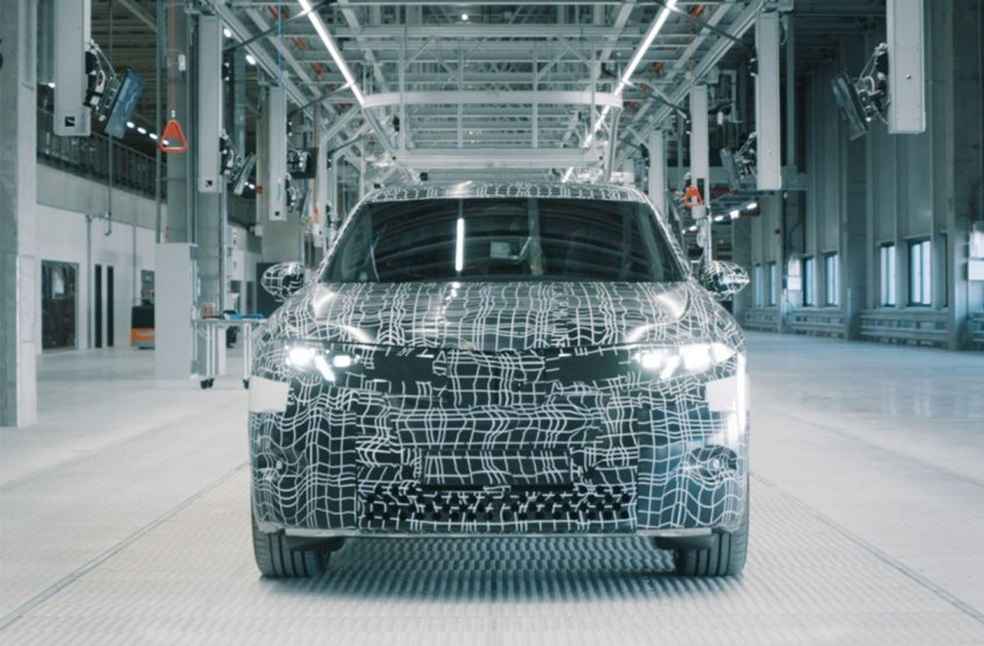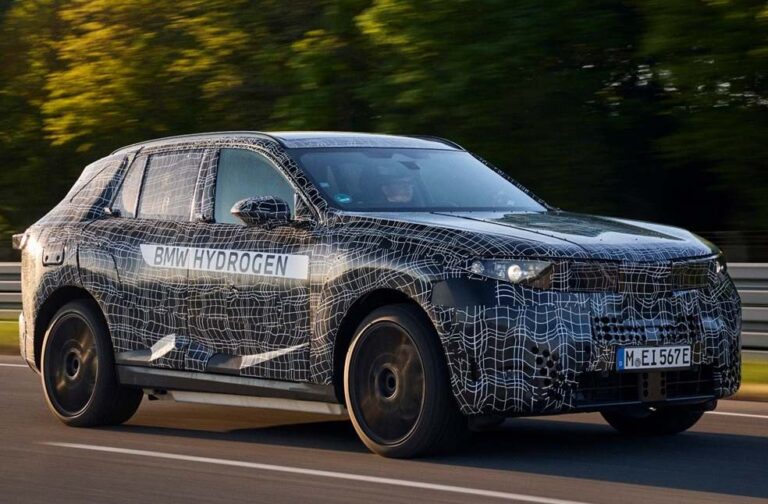BMW has revealed the initial specifications of its upcoming hydrogen-powered X5 SUV, slated for release in 2028.
BMW is partnering with Toyota to develop the iX5 Hydrogen. For the first time, the new BMW iX5 will be available with five powertrain options: electric, plug-in hybrid, gasoline, diesel, and hydrogen. The hydrogen variant, which generates electricity using a fuel cell, is expected to launch in 2028, following the release of the standard X5 models in 2026.
“The launch of the X5 in five drivetrain configurations demonstrates our determination to serve different customer needs globally,” said Joachim Post, BMW’s R&D boss.
The upcoming hydrogen-powered iX5 will feature BMW’s third-generation fuel cell technology, developed in collaboration with Toyota. This advanced system is designed to be more compact, powerful, and efficient, enhancing both range and performance while lowering energy consumption.

Prototype production is already underway at BMW’s facilities in Munich and Steyr, Austria, with additional components sourced from the Landshut plant in Germany. Evolving from the 2023 iX5 Hydrogen test vehicle, the latest version incorporates a fuel cell stack that’s approximately 25% smaller than its predecessor, Offering improved power density and operational efficiency.
A newly introduced high-voltage control unit, named the BMW Energy Master, is also integrated into the system.
BMW hasn’t disclosed performance figures for the upcoming model yet, but it has stated that the new fuel cell system will outperform the 2023 FCEV prototype, which featured a 187bhp fuel cell stack paired with a 295bhp rear electric motor, delivering a combined 396bhp and an estimated range of 313 miles.

While full specifications of the new X5 are still under wraps, BMW has confirmed that it will be built on an updated version of its established Cluster Architecture (CLAR) platform, rather than the newer Neue Klasse EV architecture used for models like the iX3.
BMW is also taking part in the development of hydrogen refueling infrastructure. The company has initiated a pilot program in collaboration with partners in Germany and France, and it plans to extend this effort to more countries in the near future.
KNOWLEDGE | China’s EV Surge Leaves Auto Insurers Struggling With Losses





